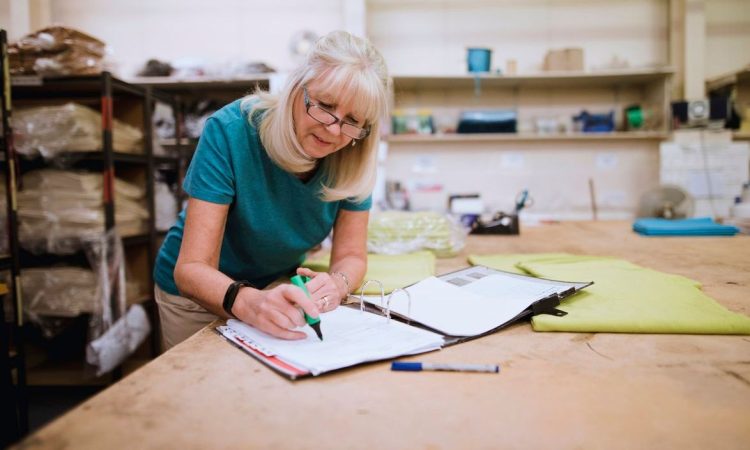|
Getting your Trinity Audio player ready...
|
Whether working frontline in employment services or with individuals returning to work from medical leave, my clients often say that they thought work would get easier as they aged. This revelation has left me wondering, why do we think that work will get easier over time?
With experience, I suppose we expect that we will have gained an extensive knowledge of our subject of choice, the skills needed to do our job and the wisdom to manage the people and politics of our workplaces. But are these expectations realistic? Let’s take a look of each of these assumptions.
Subject matter
Does our knowledge of a subject increase simply because we are surrounded by it and/or exposed to it? Maybe. If we trust that being in the environment naturally increases our knowledge, does our growth depend upon the level of expertise we encounter in that environment? Perhaps. While it is easy to think that the knowledge of those around us will increase our knowledge, it may not be enough to make work easier. We will likely need to invest some of our own time in increasing our knowledge if we want to remain competitive and marketable. If we are in a work culture committed to learning, excellence and staff development, then we may be in good stead. If not, we may get left behind.
Many jobs require credentials, whose maintenance is often tied to continuing education credits. As a result, those individuals continue to increase their knowledge base. However, not all positions require professional credentials with continuing education responsibilities. Without those, or the kind of environment described above, an individual will need to take it upon themselves to continue their own learning.
When I reflect on the importance of lifelong learning, I think about my client who was a typesetter. Remember those jobs? They don’t exist now. He could have known everything there was to know about typesetting, but it didn’t make his job easier in the long term, because it literally disappeared. He took on a new career as a gas fitter. To stay employed in this field, he has had to increase his knowledge as the technology has shifted. Now that he is on his second career, is his work easier because of his subject matter knowledge? Only if he accepted that he would have to continue learning even after the initial training for his new career.
Task skills
No matter where or when we have lived, over the course of an individual’s work life, the way job tasks are done shifts. I suspect this is especially true of this century – and maybe even this decade. There are many technologies being introduced that will affect how we do our work. Does increasing our technological skills make our jobs easier? The answer to that question depends upon a number of factors: the individuals using the technology, how the technology is designed and the time provided to learn and implement the technology.
In looking at how individuals interact with technology, attitude is key. If an individual is open to change, open to learning, open to implementing, then, potentially, the technology could help make work easier.
However, not all technology makes work easier. For example, the reverse sensor on my car beeps even when something is not there – and my service centre has no idea why. For most problems on vehicles, mechanics now hook up your car to their computer, which tells them what to fix. Unfortunately, the current diagnostic options don’t address the problem I’m encountering. As technology and car manufacturing develops further, a mechanic’s diagnostic work could become easier. The key for tasks to become easier as we age is all about our personal attitude.
“In looking at how individuals interact with technology, attitude is key.”
Emotional and social intelligence
As we age, do we naturally increase our abilities to manage the people and politics of our workplaces? Honestly, I’m not sure that we do unless we have the intention to do so. I hear people say that there are certain things that, as they age, they are no longer willing to put up with – disrespectful bosses, challenging customers and judgmental colleagues.
I’m not saying that we need to put up with bad workplace behaviours. However, if we intentionally increase our emotional and social intelligence, we gain skills that can help us more effectively manage these situations. If we learn to communicate boundaries in a way that our boss understands, they might not be so disrespectful. The customer might be less challenging if we learn to listen to their problem and connect with them in a useful way.
The myth of work being easier in later years is a complex and sometimes misleading notion. It really comes down to an individual’s attitude about learning and adapting. If an individual is not willing to increase their subject matter knowledge, their technological skills or their social and emotional intelligence, then work doesn’t get easier. However, if an individual is a lifelong learner, work does become easier because they are acquiring the skills and knowledge to navigate a changing path.




